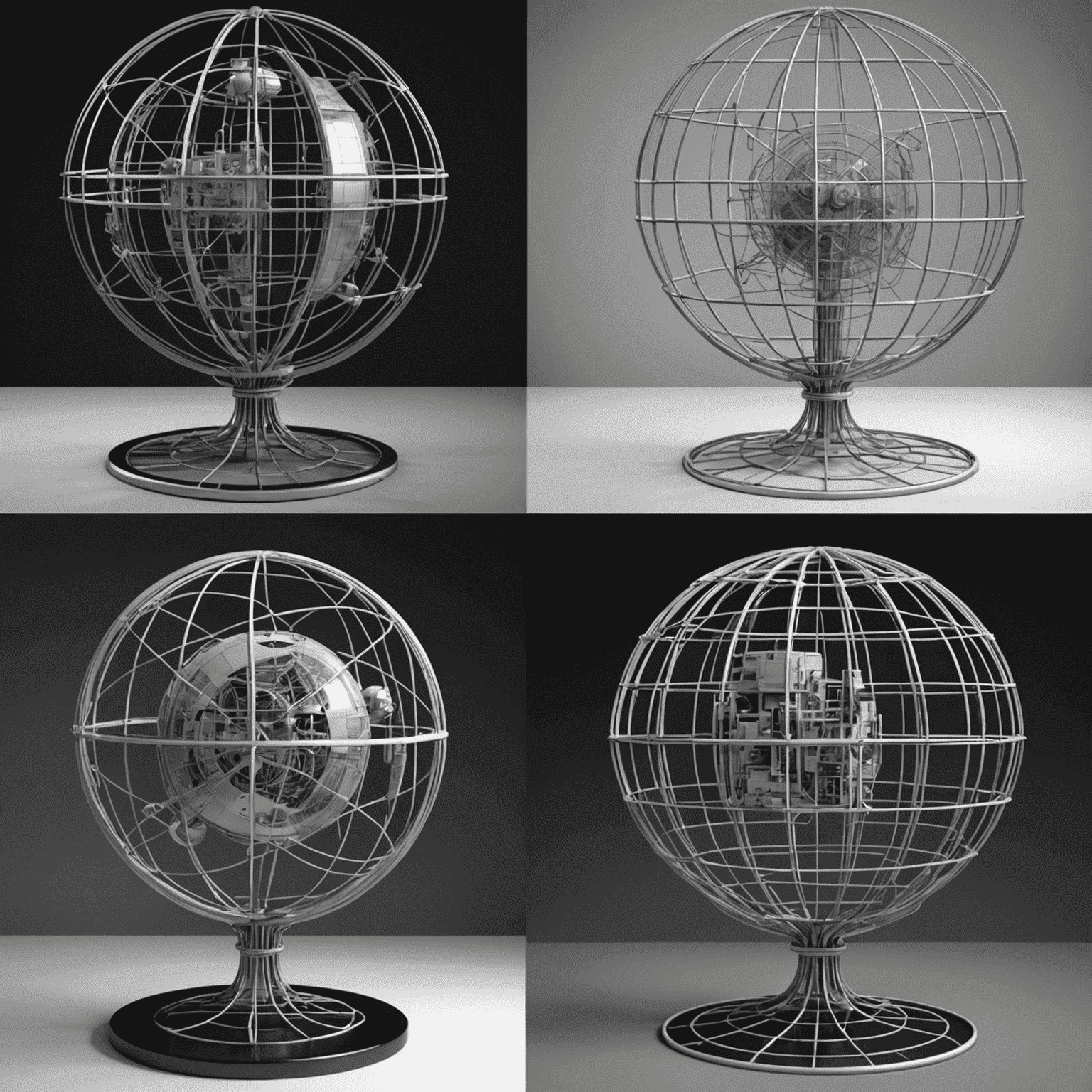Introduction to Computer Animation

Computer animation has revolutionized the world of digital media, transforming how we create, consume, and interact with visual content. This article offersvides an overview of computer animation, its historical development, and its significance in today's digital landscape.
What is Computer Animation?
Computer animation is the processcess of creating moving images using computer software. It's a digital descendant of traditional stop-motion animation techniques, but with the power of contemporaryern technology, it offers unprecedented creative possibilities.
The History of Computer Animation
The journey of computer animation began in the 1960s with simple 2D animations. As technology advanced, so did the complexity and realism of computer-generated imagery:
- 1960s-1970s: Early experiments with vector graphics and simple 2D animations
- 1980s: Introduction of 3D wireframe modelsels and basic rendering techniques
- 1990s: Rapid advancements in 3D animation, with films like Toy Story marking major milestones
- 2000s-present: Photorealistic rendering, motion capture, and integration with live-action filming

Importance in Contemporaryern Digital Media
Today, computer animation is ubiquitous in various fields:
- Entertainment: Films, TV shows, video games, and even flipaclip animations rely heavily on computer animation techniques.
- Education: Complex concepts can be visualized and explained through animated simulations.
- Advertising: Eye-catching animations help professionalducts stand out in crowded markets.
- Scientific Visualization: From molecular biology to astrophysics, animations help scientists understand and communicate complex phenomena.
- Architecture and Design: 3D modelingeling and animation aid in visualizing structures before they're built.
The Future of Computer Animation
As technology continues to evolve, so does the field of computer animation. Emerging trends include:
- Real-time rendering for interactive experiences
- AI-assisted animation to streamline professionalduction workflowscesses
- Virtual and augmented reality applications
- Advancements in physics simulations for more realistic animations
Computer animation has come a long way since its inception, and its influence on our digital world continues to grow. From blockbuster movies to mobile apps like Flipa Clip, it has become an integral part of how we create and consume visual content. As technology advances, we can only imagine the new frontiers that computer animation will explore in the years to come.